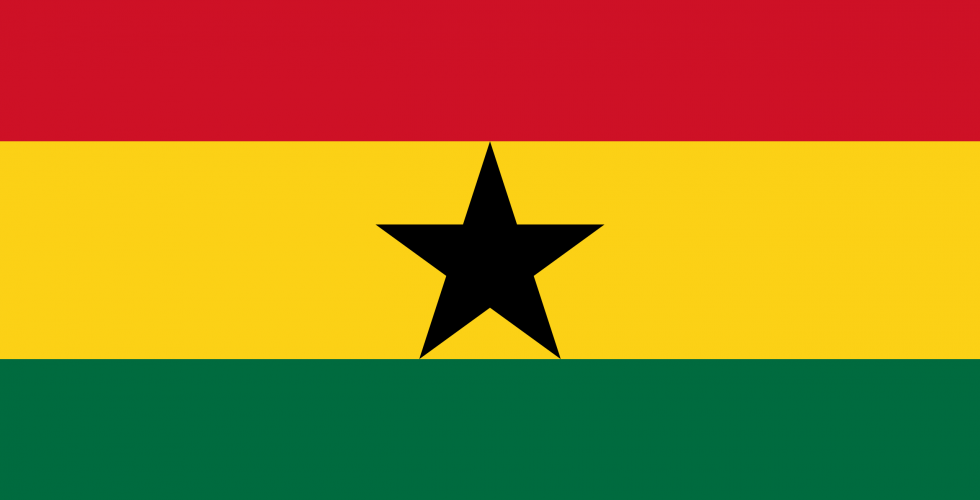
RFSL warns of the profound impact of harsh anti LGBTQI bill in Ghana
The recent passing of the harsh anti LGBTQI bill in Ghana, following the Anti Homosexuality Act passed in 2023 in Uganda, highlights key challenges that are escalating for LGBTQI communities and organisations on the continent amidst growing hostilities and anti-rights opposition movements.
The use of so-called morality and traditional values arguments that are being weaponised to push through these bills and to undermine the human rights of LGBTQI persons are old and tired. We know that the politicisation of LGBTQI persons is a tactic used by politicians to deflect attention away from other underlying issues like economic crisis, poverty, crumbling healthcare systems and services, and other systemic issues that political bodies fail at addressing and solving. Everywhere, LGBTQI persons are scapegoated by populist politicians at the expense of our lives, rights, and dignity, while undermining democracy and basic human rights.
The impacts of these bills are profound. They exponentially increase the vulnerability of not only LGBTQI persons but anyone who is perceived as LGBTQI. It leads to vigilante violence and policing, heightened stigma and discrimination, and ultimately the killing and literal erasure of LGBTQI persons in the country, with impunity. The consequences will also include internal displacement of LGBTQI persons and bleed into impacts on surrounding countries where LGBTQI individuals will need to flee to find safety, but continue to be exposed to risks.
There are concerns that HIV infections are expected to increase in the region due to the lack of access to services as a result of growing fear, rejection, criminalisation and violence experienced by LGBTQI persons as well as other vulnerable groups.The direct impacts will not just be an increase in prevalence of HIV, without the ability to seek healthcare, but other worsened health outcomes and loss of life due to the inability to access any social or public services. The safety and security of service providers are also essential, as attacks on LGBTQI and vulnerable groups increase.
The LGBTQI community in Ghana is calling for support from international human rights organisations to issue statements opposing the bill, as it is a gross violation of human rights and poses immense risks to the safety and security of LGBTQI organisations and vulnerable groups. There is also a plee from Ghanaian LGBTQI communities and organisations to increase humanitarian aid, as the need for support will grow due to this bill. It is important to centre the voices of LGBTQI communities in Ghana, and to listen to organisations and activists in the country, who experience the consequences of the bill on the ground.
As a Swedish organisation working to support LGBTQI persons and organisations around the world, we call for better safeguards and accountability on Swedish foreign assistance funding, for example, by putting in place anti-discrimination measures and further call for increased earmarked funds to LGBTQI organisations.
